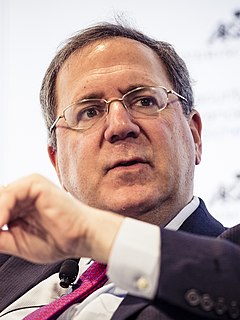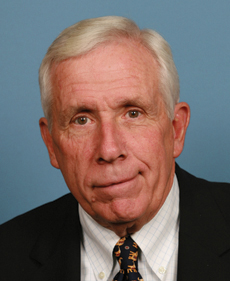A Quote by Heather Brooke
In whose interest is it to hype up the collapse of the Internet from a DDoS attack? Why, the people who provide cyber security services, of course.
Related Quotes
We like to say the Internet is the ultimate library. But libraries are libraries because people come together and fund them through taxes. Libraries actually exist, all over the country, so why is it such a reach to imagine and to someday build a public institution that has a digital aspect to it? Of course the problem is that libraries and other public services are being defunded and are under attack, so there's a bigger progressive struggle this plays into.
We need to make sure that whenever we're engaging in a cyber-warfare campaign, a cyber-espionage campaign in the United States, that we understand the word cyber is used as a euphemism for the internet, because the American public would not be excited to hear that we're doing internet warfare campaigns, internet espionage campaigns, because we realize that we ourselves are impacted by it.
Of course I don't know what's going on in that meeting on in the mind of Donald Trump. But I do know one of the things President Barack Obama was struck by was how much time he spent on cyber-security as president. And one of the things he said was that, in the years ahead, the next president will be spending even more time. And cyber-security isn't a thing that goes away after this election. It's a constant flow.
No government can provide social security. It is not in the nature of government to be able to provide anything. Government itself is not self-supporting. It lives by taxation. Therefore, since it cannot provide for itself but by taking toll of what the people produce, how can it provide social security for the people?
The anonymity issue is a big question. As long as people can disguise cyber attacks and as long as there is a sort of question mark over who is responsible, then the problem will continue to exist. And of course what happens in response to that is that there is a move to try and refashion the Internet so that anonymity is impossible, which of course leads to fears among all sorts of groups - civil rights groups, NGOs, and political parties - that the Internet is going to be used simply as a method of control. So these are very sensitive issues.































